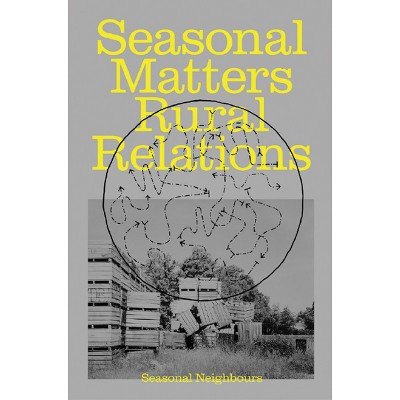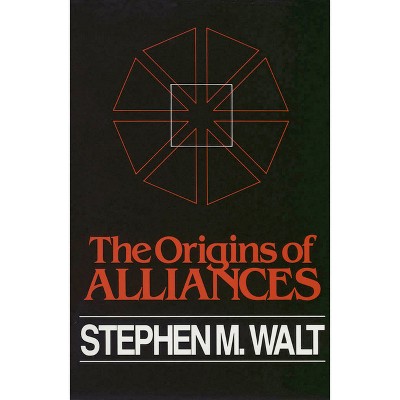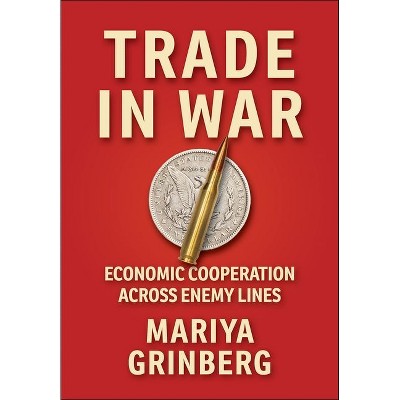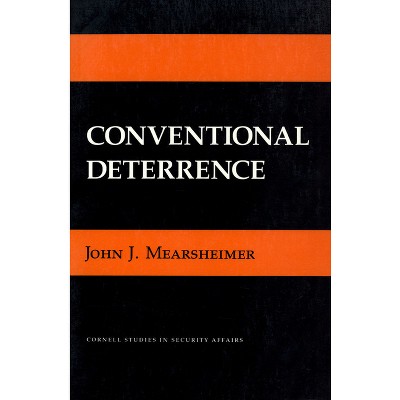Sponsored

The Art of Coercion - (Cornell Studies in Security Affairs) by Reid B C Pauly
In Stock
Sponsored
About this item
Highlights
- The Art of Coercion presents a fresh explanation for the success--and failure--of coercive demands in international politics.Strong states are surprisingly bad at coercion.
- About the Author: Reid B. C. Pauly is Assistant Professor of Political Science and the Dean's Assistant Professor of Nuclear Security and Policy at Brown University's Watson Institute for International and Public Affairs.
- 252 Pages
- Political Science, International Relations
- Series Name: Cornell Studies in Security Affairs
Description
About the Book
"This book explains how coercion works in international relations. Threats must not only be credible, but they must also imply assurances that a coercer will not punish a target after it complies. The chapters explore coercive bargaining over the nuclear weapons ambitions of South Africa, Iraq, Libya, and Iran"-- Provided by publisher.Book Synopsis
The Art of Coercion presents a fresh explanation for the success--and failure--of coercive demands in international politics.
Strong states are surprisingly bad at coercion. History shows they prevail only a third of the time. Reid B. C. Pauly argues that coercion often fails because targets fear punishment even if they comply. In this "damned if you do, damned if you don't" scenario, targets have little reason to obey.
Pauly illustrates this logic in nuclear counterproliferation efforts with South Africa, Iraq, Libya, and Iran. He shows that coercers face an "assurance dilemma" When threats are more credible, assurances not to punish are less so. But without credible assurances, targets may defy threats, bracing for seemingly inevitable punishment. For coercion to work, as such, coercers must not only make targets believe that they will be punished if they do not comply, but also that they will not be if they do.
Packed with insights for any foreign policy challenge involving coercive strategies, The Art of Coercion crucially corrects assumptions that tougher threats alone achieve results.
About the Author
Reid B. C. Pauly is Assistant Professor of Political Science and the Dean's Assistant Professor of Nuclear Security and Policy at Brown University's Watson Institute for International and Public Affairs.
Shipping details
Return details
Frequently bought together

Trending Non-Fiction
















